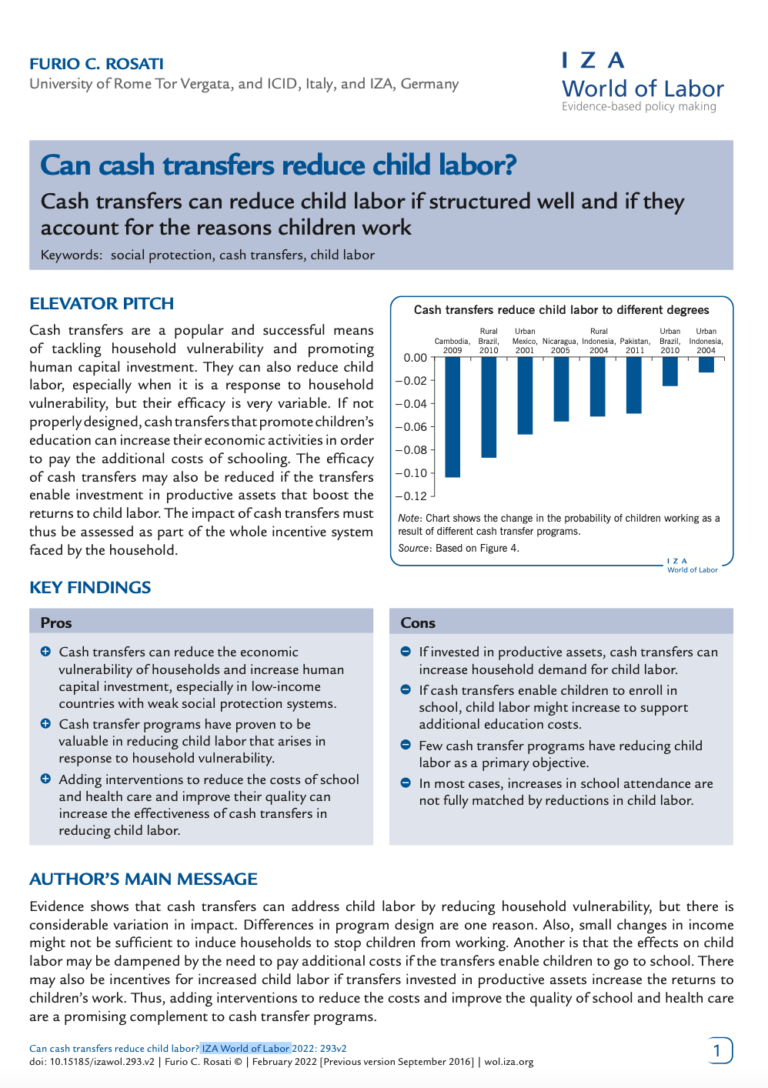COVID-19: How to include marginalized and vulnerable people in risk communication and community engagement
COVID-19 resourcesGuidanceWomen, the elderly, adolescents, youth, and children, persons with disabilities, indigenous populations, refugees, migrants, and minorities experience the highest degree of socio-economic marginalization. Marginalized people become even more vulnera...Read More

